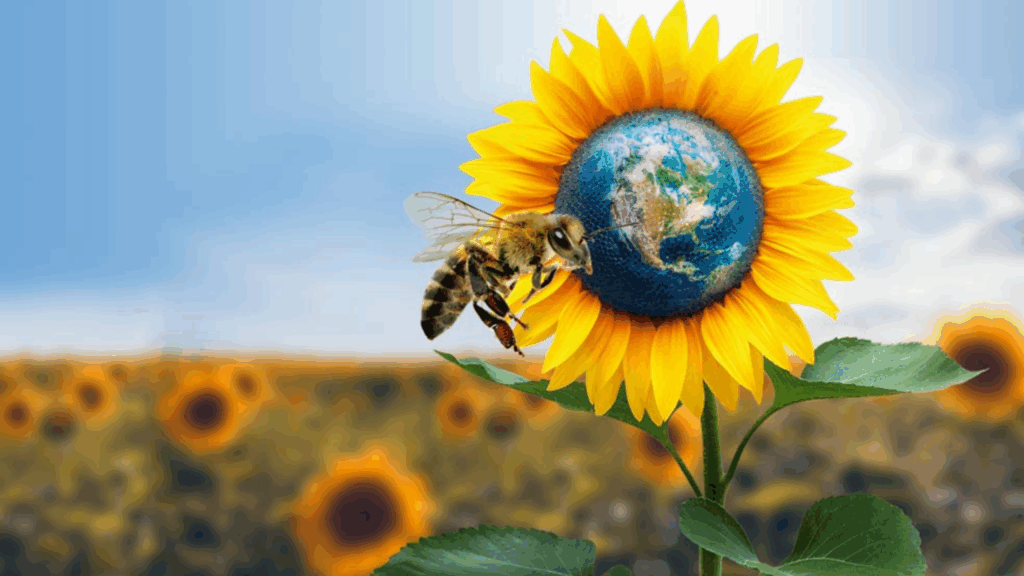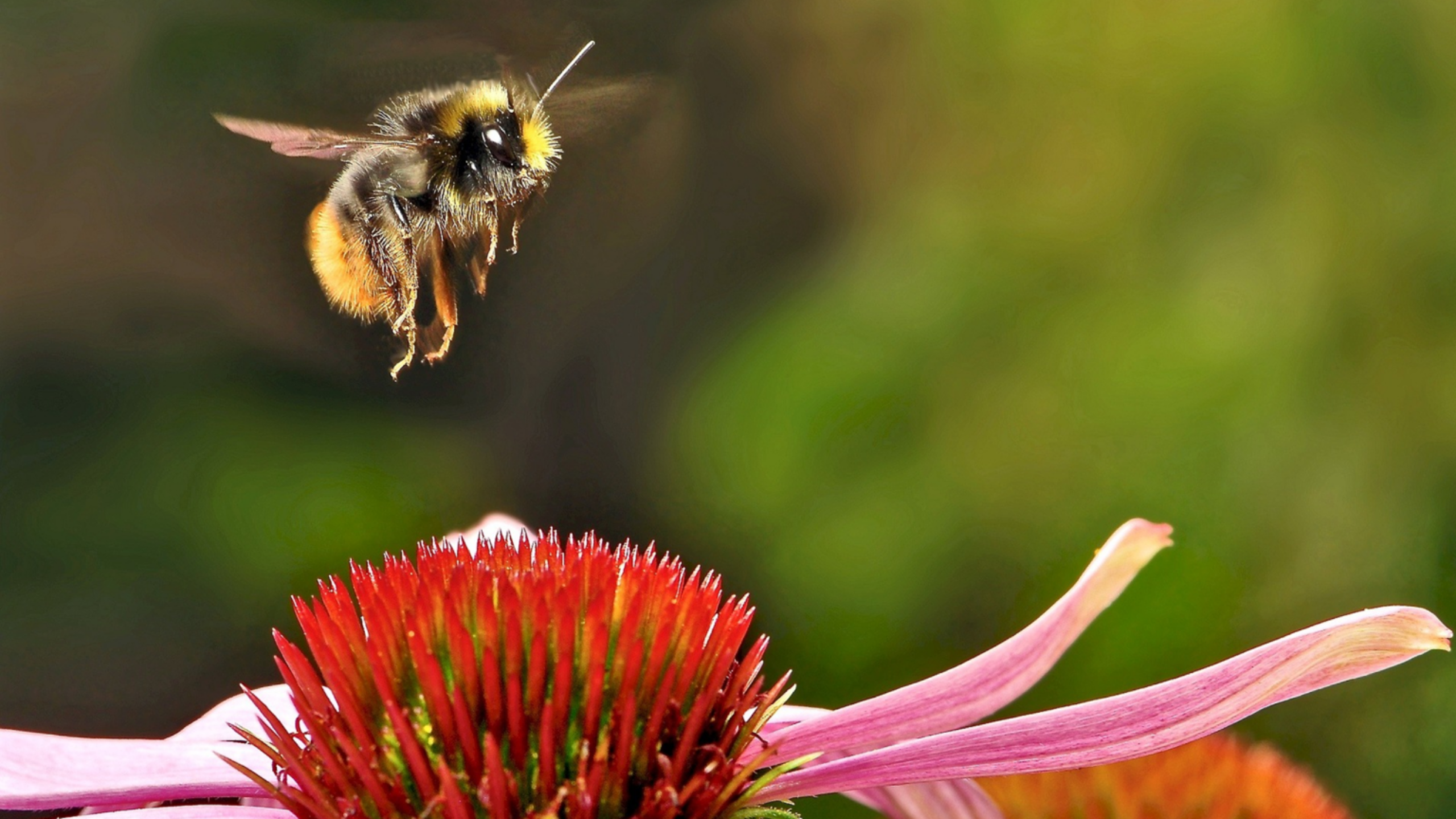Pollination is a vital natural process that profoundly impacts all aspects of our ecosystem. From food production to the preservation of biodiversity, pollination plays a crucial role in the health of our planet. In this article, we will explore the various methods of pollination, their significance, the challenges we face today, and how we can contribute to their protection.
Methods of Pollination
Wind Pollination
Wind pollination is a fascinating phenomenon involving the transfer of pollen from one flower to another via air currents. This method is especially efficient for crops such as corn and wheat, which rely almost exclusively on wind for reproduction. Because it doesn’t require animal intervention, wind pollination provides a unique and efficient means of plant fertilization.
Water Pollination
Although less common, water pollination occurs in certain aquatic species. In this case, pollen is transported through the water, facilitating fertilization in aquatic environments. This method is crucial for the reproduction of plants in freshwater ecosystems, including specific types of algae and some flowering plants.
Animal Pollination
Animals play a crucial role in pollination. Species such as bats, butterflies, birds, and hummingbirds are among the most well-known pollinators. They transport pollen from flower to flower, ensuring the fertilization of plants and, consequently, the production of fruits and seeds. This interaction is essential not only for the plants but also supports many animal species that depend on these flowers for food.

Importance of Pollination
Food Production
Pollination is indispensable for food production. Approximately 75% of the world’s food crops rely on pollinators to produce fruits, vegetables, and grains. Without adequate pollination, the supply of food could dramatically decrease, impacting our diets and overall nutrition. This decline poses significant threats to global food security, especially in a world with a growing population.
Biodiversity
Pollination is also essential for maintaining biodiversity. By facilitating the reproduction of a wide variety of plants, it helps sustain ecological balance. A diverse range of plants allows animals to find food and shelter, creating a vital cycle for the survival of many species. Without pollination, the genetic variety of plants would be compromised, which could jeopardize entire ecosystems.
Healthy Ecosystems
Healthy ecosystems function optimally, and pollination is one of the keys to achieving this. By contributing to the health and productivity of plants, pollination fosters environments where diverse forms of life can thrive. This includes not just flora but also the fauna that depend on these plants for survival.
Challenges to Pollination
Decline of Pollinators
Sadly, the situation concerning pollinators is alarming. Factors such as habitat loss, excessive use of pesticides, and climate change have led to a significant decline in pollinator populations, particularly bees. This decline can have catastrophic consequences for food production and biodiversity, posing a serious threat to the ecosystems that rely on these crucial species.
Loss of Biodiversity
The decline in biodiversity negatively affects pollination by limiting the variety of plants and pollinators available. With less variety, there are fewer options for pollinators, influencing the amount of pollen available and, ultimately, the production of seeds and fruits. This cycle can have a cascading effect, destabilizing the entire ecosystem.
Impact on Food Production
The decrease in pollinator activity directly affects food production. Less pollination means lower crop yields, which can lead to significant economic and social consequences, especially in regions where agriculture is the primary source of income. This threatens the food security of entire communities and increases vulnerability to economic instability.
Actions to Protect Pollination
Create Habitats for Pollinators
One of the most effective actions we can take is to create habitats that attract pollinators. Planting native flowers, shrubs, and fruit trees can provide shelter and food for various species. Additionally, promoting the establishment of gardens focused on providing resources for pollinators is immensely beneficial.
Reduce Pesticide Use
The excessive use of pesticides can be devastating for pollinators. It’s crucial to minimize their application in favor of more sustainable pest control methods. Opting for natural alternatives not only benefits pollinators but also promotes a healthier environment for everyone.
Support Sustainable Agriculture
Encouraging sustainable agricultural practices is key to protecting biodiversity and the processes of pollination. Organic farming, implementing cover crops, and practicing crop rotation are beneficial practices that support both pollinators and ecosystem health. These approaches not only help pollinators but also preserve soil and water quality.
Conclusion
Pollination is a vital process that deserves our protection and appreciation. By understanding its importance, we can take concrete steps to support pollinators and contribute to the health of our planet. Collaboration between communities, farmers, and citizens is essential to preserving this natural process and ensuring a sustainable future for generations to come. Let’s take care of our pollinators, and in doing so, safeguard the future of food production and biodiversity!


https://t.me/s/site_official_1win/267
https://t.me/iGaming_live/4872